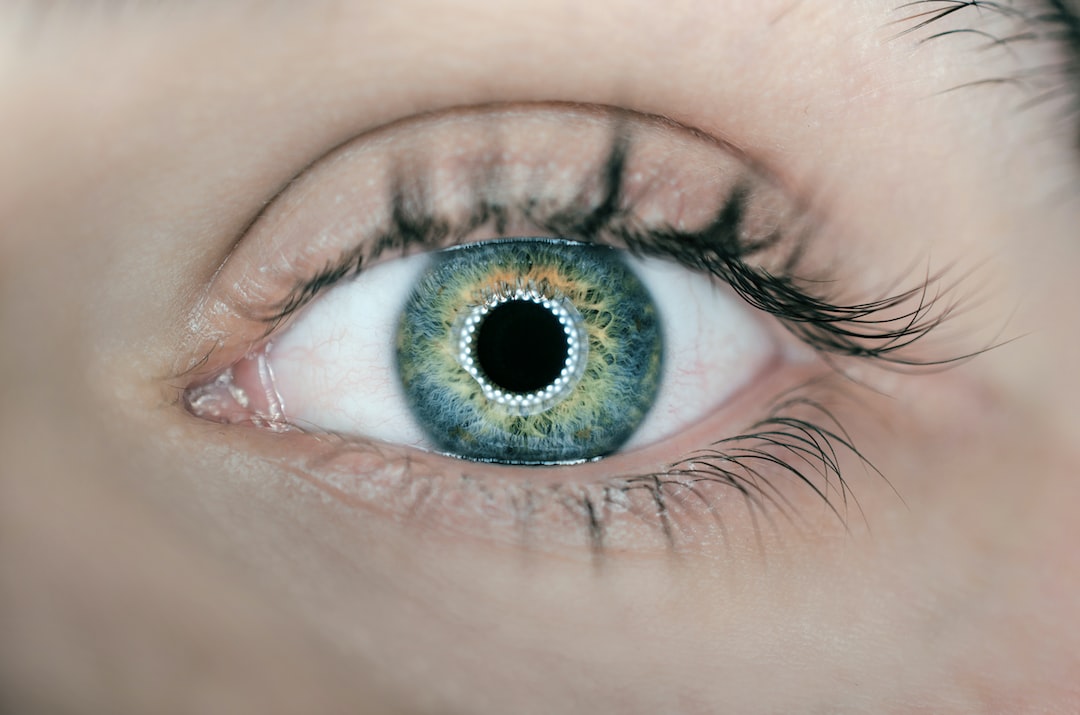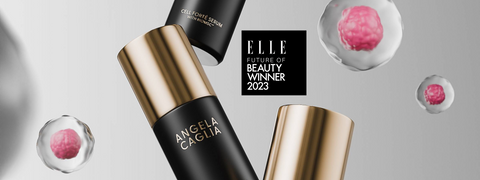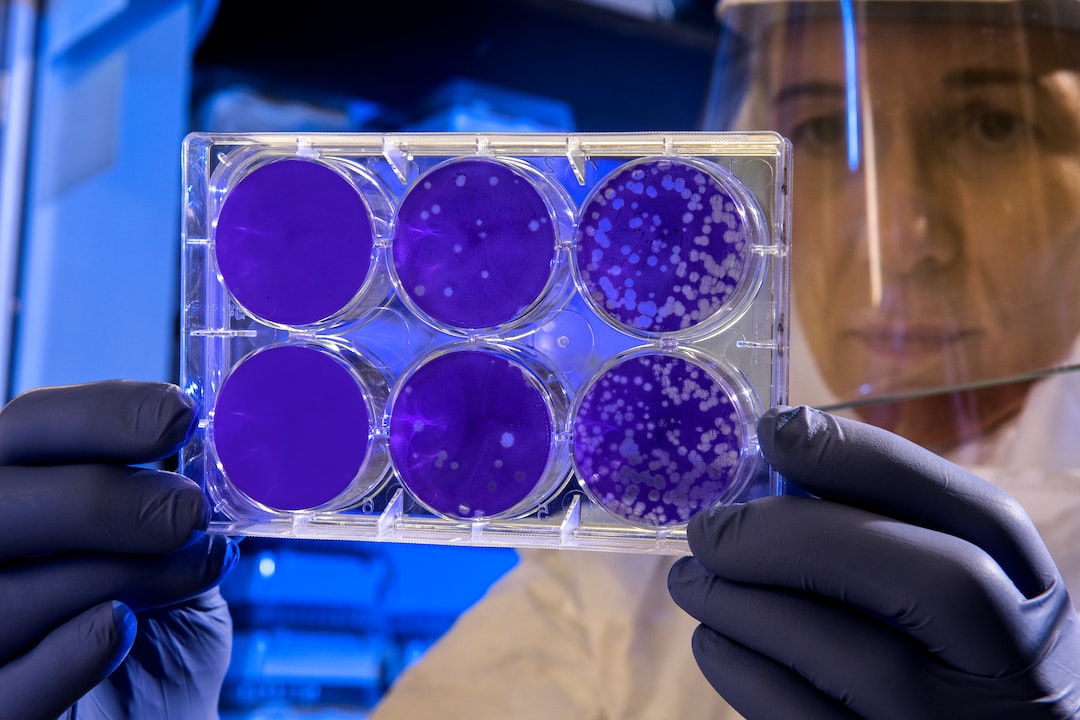
Human Stem Cells in Skincare
I. Introduction

Stem cells play a crucial role in skincare by promoting tissue regeneration and renewal. This blog will explore the potential of human stem cells to revolutionize the skincare industry by providing unmatched anti-aging properties. We will discuss the science behind stem cells, their current applications in skincare products, and the future possibilities for harnessing their full potential in the quest for youthful, healthy skin.
II. Understanding Stem Cells
Stem cells are undifferentiated cells capable of dividing and differentiating into various cell types. They play a vital role in tissue generation, regeneration, and renewal. There are three primary categories of human stem cells: embryonic stem cells, adult mesenchymal stem cells (MSC), and tissue-specific stem cells.
Embryonic stem cells are the initial cells after birth that control the development of a human baby. These cells have the potential to become any cell type in the body. On the other hand, adult mesenchymal stem cells (MSC) are responsible for the repair and renewal of structural tissues, such as muscles, bones, and skin. Lastly, tissue-specific stem cells are specialized cells that only repair and rejuvenate specific tissues, like the skin.
Understanding the role of stem cells in tissue generation, regeneration, and renewal is crucial as it sheds light on their potential applications in skincare and anti-aging treatments. By harnessing the power of these cells, we can develop innovative solutions to address various skin concerns, ultimately promoting healthier and more youthful-looking skin.
III. Plant Stem Cells in Skincare
Plant stem cells have gained popularity in the skincare industry due to their potential skin-regenerating abilities. They are often marketed as a natural and effective way to promote youthful, glowing skin. However, it's essential to understand the abilities and limitations of plant stem cells in skincare products.
While plant stem cells can help plants repair and regenerate, their cellular signals may not be directly recognized by human cells. Thus, their primary reparative activity might not be directly applicable to human skin. However, some plant stem cells do provide nutrients and metabolites that stimulate human epidermal stem cell production, offering indirect benefits to the skin.
Given the growing interest in plant stem cells for skincare, it's crucial to rely on scientific research and clinical testing when choosing products containing these ingredients. Consumers should look for products backed by evidence supporting their skin-regenerating claims, ensuring they invest in effective and scientifically sound solutions for their skincare needs.
IV. Human Stem Cells in Skincare
Adult mesenchymal stem cells (MSC) are known as natural healers for the body's structures, including muscles, bones, skin, and neural tissues. Their potent ability to rejuvenate and repair has led to their increasing use in clinical protocols, particularly in Europe, where they have already shown success. In the United States, MSCs are currently in FDA-approved testing programs.
MSCs play a critical role in wound healing and skin renewal. When there's an injury or trauma, MSCs respond by multiplying and releasing biochemical signals that attract anti-inflammatory and immune cells. This coordinated response helps repair the damaged tissue and promotes regeneration. The same regenerative properties can also be applied to overall skin renewal, making MSCs a promising ingredient in anti-aging skincare products.
The potential of MSCs in anti-aging skincare products lies in their ability to stimulate the production of growth factors, peptides, and matrix proteins that assist in rejuvenating skin cells. These "messenger" proteins could be the key to helping our skin maintain its youthful appearance as we age. As research continues to uncover the full potential of MSCs in skincare, we can anticipate the development of innovative solutions that harness their regenerative power for more effective anti-aging treatments.
In October 2023, Angela Caglia introduced the first commercialized anti-aging serum harnessing the power of a patented form of "human derived mesenchymal stem cell conditioned media.' This revolutionary new ingredient contains thousands of REAL exosomes, growth factors, cytokines and proteins. Angela didn't stop there, she also included the best biomimetic exosomes along with different molecular weights of hyaluronic acid and snow mushroom, ten times more powerful than hyaluronic acid. Elle, Vogue, Harper's Bazaar, Byrdie, The Hollywood Reporter have all named Cell Forte Serum as the "Best New Product Launch of the Year."
V. Human Skin Cell Extracts in Skincare

Human stem cell-derived conditioned media refers to the growth factors, cytokinal peptides, matrix proteins, and other helper molecules released by mesenchymal stem cells (MSCs) during their growth and multiplication process. These components can be harvested and integrated into skincare formulas, providing a way to harness the regenerative properties of human stem cells without using the actual cells themselves.
While human skin cell extracts offer promising results, there are current limitations to using actual human stem cells in skincare products. The fragile nature and large size of these cells make them unsuitable for topical application. However, as research advances, future possibilities may arise for incorporating actual human stem cells into skincare treatments, unlocking their full regenerative potential for even more effective anti-aging solutions.
VI. The Future of Human Stem Cells in Skincare
Human stem cells hold the potential to disrupt the skincare industry by providing unparalleled anti-aging properties. As research continues to uncover the full capabilities of these cells, we can anticipate significant advancements in skincare treatments that harness their regenerative powers.
However, several conditions must be met for the effective use of actual human stem cells in skincare. These cells must come from the person receiving the treatment, be alive, and be delivered directly to the skin, likely via injection. Current limitations, such as the size of stem cells and their inability to penetrate the skin's surface effectively, will need to be addressed before they become a viable option in skincare treatments.
The FDA plays a crucial role in approving human stem cell-based skincare treatments. Ensuring that these treatments are safe, effective, and backed by scientific research is essential to their widespread acceptance and adoption. As FDA-approved testing programs continue to explore the potential of human stem cells, we can look forward to a future where these advanced treatments become the new standard in skincare.
VII. Conclusion
![]()
In summary, human stem cells offer significant potential benefits for skincare, particularly in the field of anti-aging treatments. Their regenerative properties could revolutionize the way we approach skincare and help people maintain youthful, healthy skin. However, further research and development are needed to fully understand the capabilities of these cells and address the current limitations of using actual human stem cells in skincare products.
As advancements in human stem cell skincare continue to unfold, it's essential for consumers to stay informed about the latest research, FDA-approved treatments, and product innovations. By keeping up-to-date with these developments, we can make informed choices about our skincare routines and invest in effective, scientifically-backed solutions for maintaining radiant, youthful skin.


Leave a comment
This site is protected by hCaptcha and the hCaptcha Privacy Policy and Terms of Service apply.